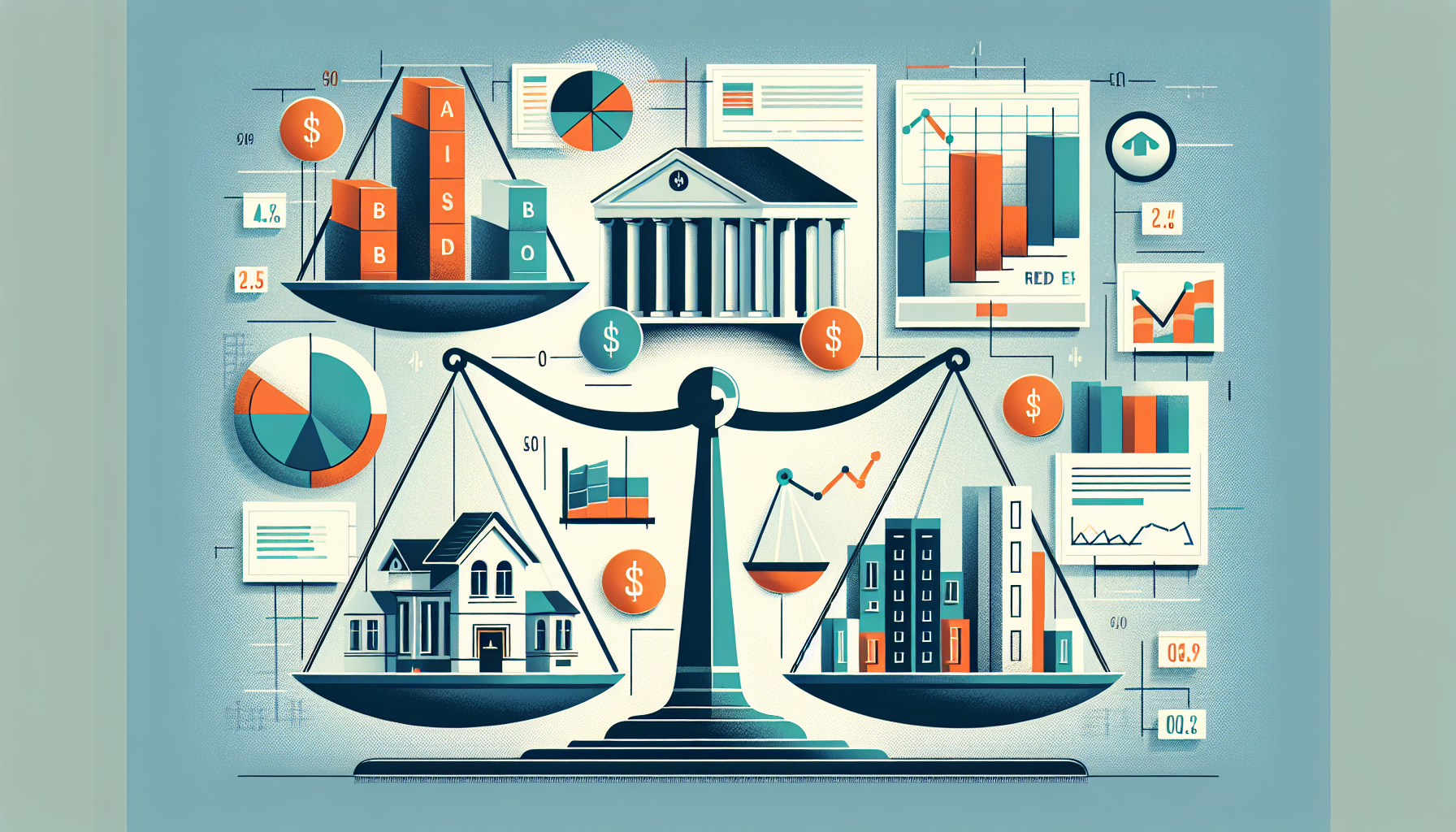The Rise of Women's Football: Breaking Barriers and Setting New Records

The rise of women's football can be attributed to various factors, including increased media coverage, investment in women's leagues, and the tireless efforts of advocates pushing for equality. Major tournaments, such as the FIFA Women's World Cup and the UEFA Women's European Championship, have garnered unprecedented viewership, with the 2019 Women's World Cup attracting over 1.12 billion viewers globally. This surge in interest has led to a growing fanbase and a vibrant culture surrounding women's football. In addition to viewership, sponsorship and investment have also surged. Major brands, recognizing the potential market, have begun to invest heavily in women's football, resulting in higher salaries for players and improved facilities. The visibility of women's football has been bolstered by social media, allowing players and teams to connect directly with fans, thereby amplifying their reach and influence.
Key Milestones in Women's Football
Several key milestones mark the journey of women's football towards recognition and respect. In 1991, the first-ever FIFA Women's World Cup was held in China, paving the way for future tournaments. The U.S. women's national team, led by legends like Mia Hamm and Abby Wambach, has been instrumental in popularizing the sport, winning four World Cups and inspiring a generation of young athletes. Recent developments, such as the establishment of professional leagues, including the National Women's Soccer League (NWSL) in the United States and the FA Women's Super League (WSL) in England, have provided players with platforms to showcase their talent. These leagues have attracted international stars, further elevating the profile of women's football and demonstrating that female athletes deserve the same level of support and recognition as their male counterparts. Key Milestones Include: - **1991**: The inaugural FIFA Women's World Cup in China. - **1999**: The U.S. team’s victory on home soil, which dramatically increased the sport's visibility. - **2015**: The U.S. women's national team captures the World Cup in Canada, leading to an influx of support and interest. - **2021**: The Tokyo Olympics showcased women's football on a global stage, further solidifying its place in the sporting landscape.
Influential Players Paving the Way
Several players have emerged as trailblazers in women's football, using their platforms to advocate for equality and inspire future generations. Players like Megan Rapinoe, Alex Morgan, and Sam Kerr have not only excelled on the pitch but have also been vocal about issues such as pay equity and representation in sports. Their efforts have led to significant advancements, including the U.S. women's national team's landmark $24 million settlement in their fight for equal pay. Moreover, international stars like Fran Kirby and Vivianne Miedema have become household names, drawing attention to women's football in their respective countries and beyond. Their success has helped change perceptions, showing that women's football can be just as thrilling and competitive as men's. The visibility of these players has not only entertained fans but has also inspired young girls to pursue football as a viable career path.
The Ongoing Fight for Equality
Despite the progress made, the fight for equality in women's football is far from over. Disparities in pay, resources, and media coverage remain significant challenges. Many female athletes still struggle for fair compensation and adequate support, highlighting the need for continued advocacy and systemic change within the sport. The COVID-19 pandemic exacerbated existing inequalities, with many women's leagues facing financial difficulties and reduced opportunities for players. Organizations like the Women's Sports Foundation and the FIFA Women's Football strategy are working tirelessly to address these issues, focusing on increasing investment in women's leagues, enhancing media representation, and fostering grassroots programs to encourage young girls to participate in football.
The rise of women's football is a testament to the power of perseverance, advocacy, and passion. As the sport continues to break barriers and set new records, it inspires countless individuals around the world. The journey toward equality in women's football is ongoing, but with each passing year, the momentum grows stronger. By supporting women's football, we not only uplift female athletes but also contribute to a more equitable and inclusive sporting landscape for future generations. The world is watching, and the future of women's football looks brighter than ever. As more people rally behind this movement, the hope is that the next generation of female athletes will enjoy a level of respect, support, and opportunity that has long been denied to them.
Women's Football Marketing Specialist
Core Responsibilities
Develop and execute marketing campaigns specifically aimed at promoting women's football leagues and events.
Collaborate with sponsors to create engaging content that resonates with fans.
Required Skills
Strong understanding of digital marketing strategies, social media engagement, and brand development.
Experience in sports marketing is preferred.
Common Employers
Professional women’s football leagues (e.g., NWSL, FA WSL)
sports marketing agencies
media outlets focused on women's sports.
Sports Equity Advocate
Core Responsibilities
Work with organizations to promote equality in women's sports, focusing on pay equity, representation, and resource allocation.
Conduct research and present findings to stakeholders.
Required Skills
Excellent communication and negotiation skills
knowledge of sports law
strong background in gender studies or social justice advocacy.
Common Employers
Non-profit organizations
sports associations
advocacy groups like the Women's Sports Foundation.
Women's Football Event Coordinator
Core Responsibilities
Plan and oversee women's football tournaments and community events, ensuring all logistics are managed smoothly.
Coordinate with teams, sponsors, and vendors for successful execution.
Required Skills
Strong organizational skills
experience in event management
ability to work under pressure
knowledge of women’s football is a plus.
Common Employers
Event management companies
local football clubs
sports associations organizing women’s events.
Sports Data Analyst (Women’s Football)
Core Responsibilities
Analyze performance data of women’s football teams and players to provide insights for coaches and management.
Use statistical tools to track trends and improve player performance.
Required Skills
Proficiency in data analysis software (e.g., R, Python)
strong quantitative skills
experience in sports analytics
knowledge of football metrics is essential.
Common Employers
Professional women’s football teams
sports analytics firms
research institutions focused on athletic performance.
Community Outreach Coordinator (Women’s Football)
Core Responsibilities
Develop programs aimed at increasing participation in women’s football at the grassroots level.
Engage with schools and local organizations to promote football among young girls.
Required Skills
Passion for sports and community engagement
excellent interpersonal skills
experience in program development
background in sports coaching can be beneficial.
Common Employers
Local football clubs
community organizations
sports foundations advocating for women's participation in sports.


